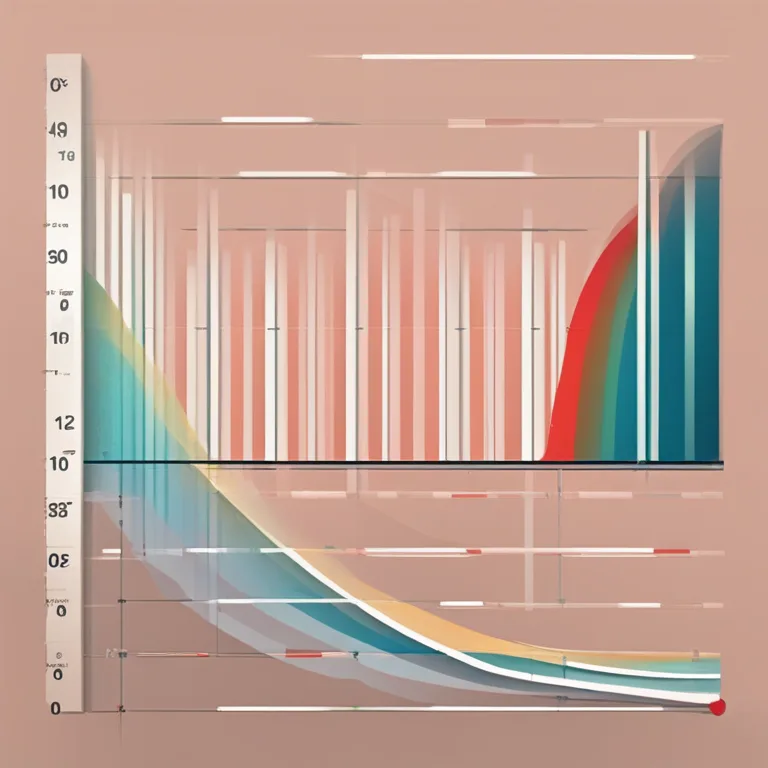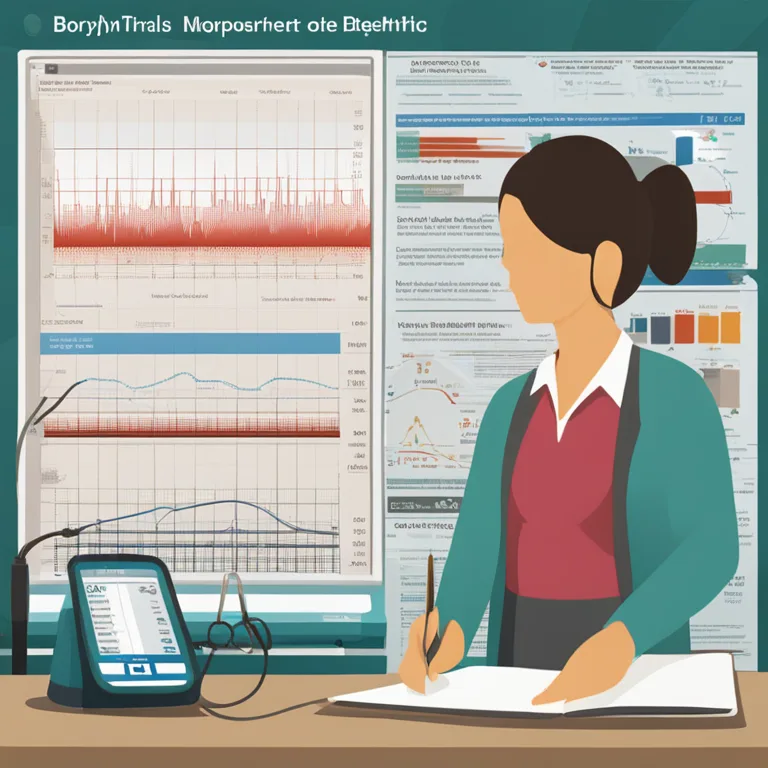
Biorhythms: Impact on Blood Pressure Dynamics
Investigate how personal biorhythms could potentially influence blood pressure, integrating holistic wellness and modern health understanding.
article by Adrian Wallace
An Intriguing Connection
Nowadays, holistic wellness trends often coincide with cutting-edge scientific discoveries, making the study of biorhythms and their possible effects on blood pressure a topic of both intrigue and potential medical importance. Biorhythms are thought to be natural cycles that govern human physiology and behavior. Research into how these rhythms might influence blood pressure is burgeoning, with fascinating correlations emerging. As we chart this relatively unexplored territory, it's important to understand the complexity of biorhythms and their multifaceted impacts on our cardiovascular health.

Understanding Biorhythms
Before delving into how biorhythms affect blood pressure, let's define what they are. Biorhythms are hypothesized cycles that affect various physical, emotional, and intellectual faculties. Three primary types are often discussed: the 23-day physical cycle, the 28-day emotional cycle, and the 33-day intellectual cycle. Proponents suggest that tracking these cycles can help predict and optimize an individual's performance and health-related outcomes. As we move further into the 2020s, the idea that these rhythms may also play a role in regulating blood pressure adds an exciting dimension to wellness strategies.

Biorhythms and Blood Pressure
When it comes to blood pressure, biorhythms could hypothetically influence fluctuations throughout the day and night, potentially acting in tandem with the well-observed circadian rhythms. A person’s blood pressure normally dips at night and rises during the day. Understanding how one's personal biorhythm cycles intersect with these daily patterns may provide insights into managing blood pressure more effectively, perhaps even informing medication timing or lifestyle interventions. However, concrete scientific correlations between biorhythms and blood pressure still require more robust research as of 2024.

Scientific Scrutiny and Considerations
The scientific community remains cautious, emphasizing that the study of biorhythms, particularly concerning their impact on blood pressure, is in its infancy. In-depth investigations are needed to establish a definitive relationship. Moreover, any assertions must be validated through rigorous clinical trials and peer-reviewed research. This cautious approach is crucial in ensuring that any health advice stemming from biorhythm patterns is both accurate and beneficial. Personalized medicine, a burgeoning field, may find in biorhythms a valuable tool for tailoring health strategies.

Lifestyle Adjustments and Monitoring
In the meantime, those interested in their biorhythms and blood pressure are encouraged to focus on lifestyle adjustments known to benefit cardiovascular health. This includes maintaining a balanced diet, regular exercise, stress reduction techniques, and proper sleep habits. Monitoring one's blood pressure regularly can also provide valuable feedback, helping individuals and their healthcare providers make informed decisions about managing their cardiovascular health, potentially in relation to their biorhythm phases.
A Future Path
As we look towards the future, the promise of integrating biorhythm analysis into blood pressure management is tantalizing. This would represent a confluence of ancient wisdom and modern scientific understanding, potentially offering more personalized and effective health care. Until then, staying educated about ongoing research, maintaining a healthy lifestyle, and continuous monitoring remain the pillars of effective blood pressure management.
Published: 12/28/2023
Modified: 12/28/2023
More predictions
Come back here soon to learn more about yourself and your future


The Practical Uses of Biorhythms in Our Lives
Discover how biorhythms can be applied to improve well-being and achieve a better understanding of personal cycles in health, decision-making, and relationships.


The Concept of Biorhythm Compatibility
Discover the concept of biorhythm compatibility and its role in personal relationships in this comprehensive guide.


The Rhythms of Life: Delving into Biorhythm
Discover how biorhythm cycles influence your physical, emotional, and intellectual wellbeing, and how to track these patterns for optimal living.